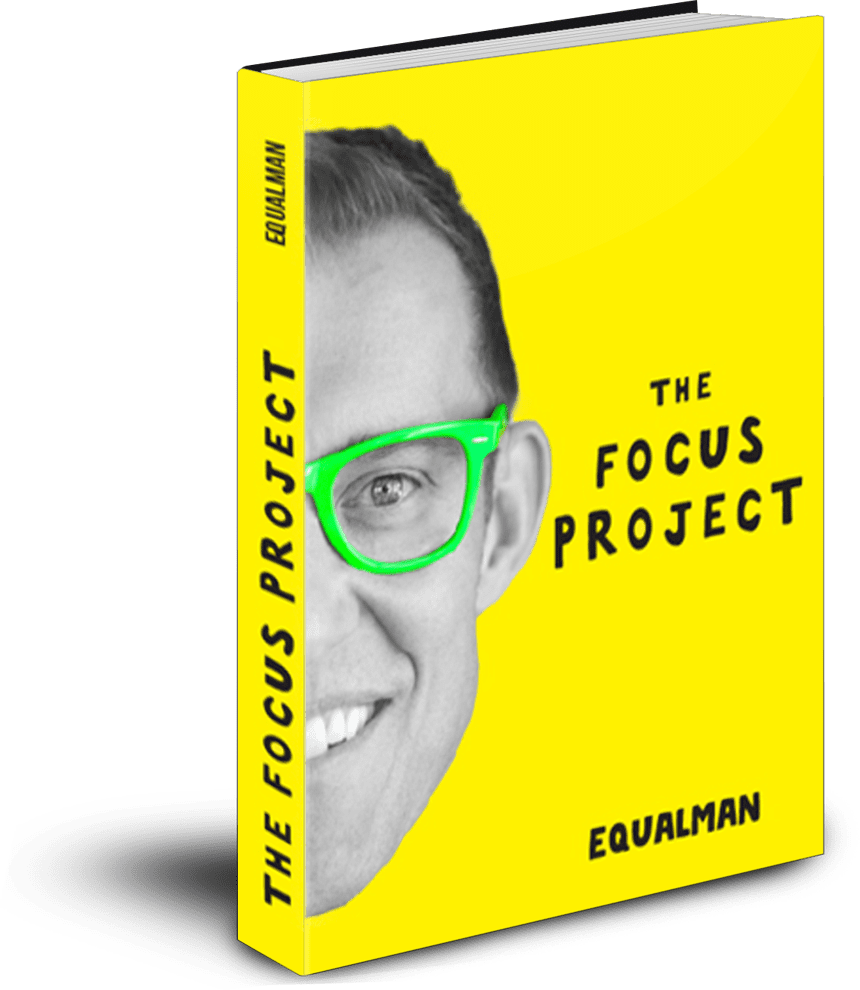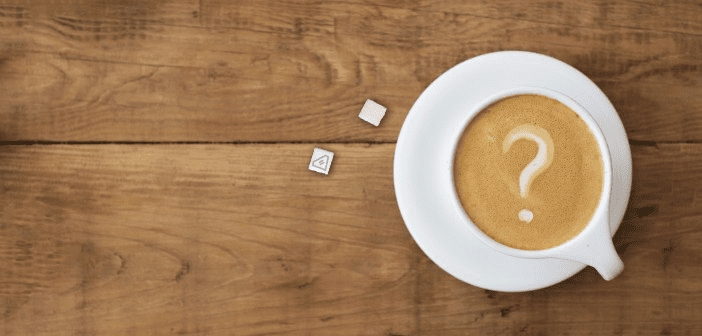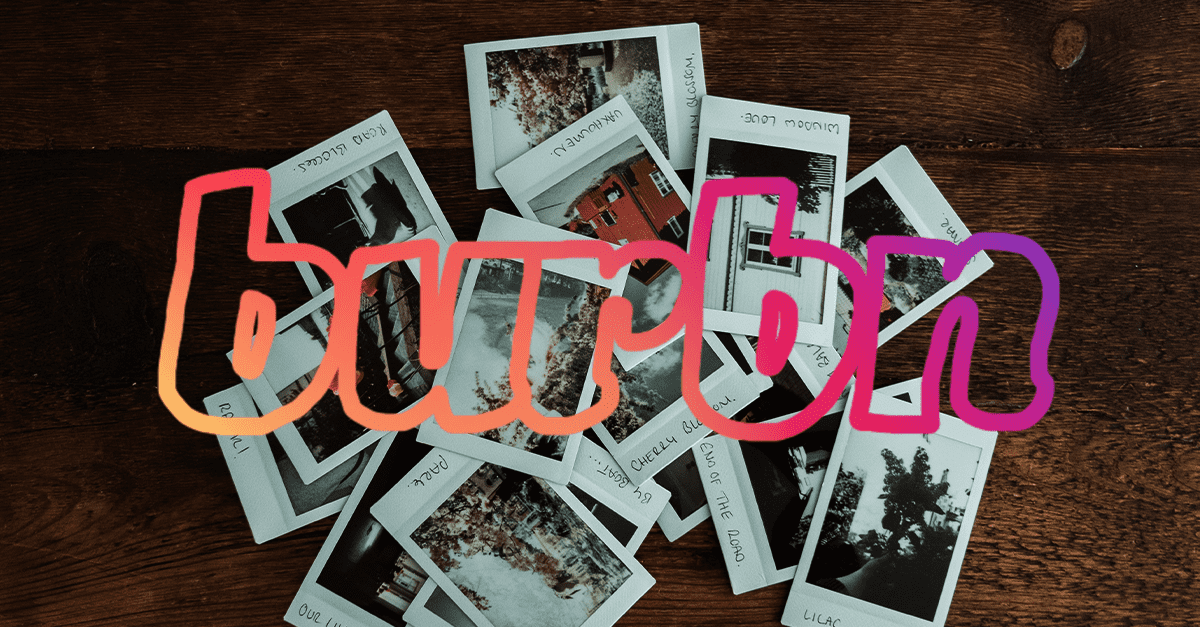Does Coffee Help or Hurt Focus & Productivity?
Happy National Coffee Day! Not being properly rested decreases our attention span, alertness, motivation, and performance. Many people, myself included, try to get a jolt throughout the day from coffee. But is the caffeine from coffee helping or hurting? Studies show that, compared to other drugs, caffeine’s power is relatively weak. Researchers agree that caffeine has three common effects:
1. Postpones sleep
2. Combats fatigue & boredom
3. Causes our hands to shake
Caffeine can also reduce audio and visual reaction times. However, other studies show caffeine can boost your mood for up to three hours. It can also produce different physiological effects on users depending on whether the user is an occasional caffeine user or a regular user. In sum, although caffeine’s effects vary from person to person, the common theme is that it can affect mood and performance even when taken at a low dose. Which is one of the reasons why regular coffee drinkers, like me, seem to believe that we can’t be productive without that morning fix. But is this in our head, or is this actually true? We do know that caffeine is extremely addictive. Regular ingestion of caffeine affects our brain’s chemical makeup, which is why users experience fatigue, headaches, and nausea when deprived of the drug. Make no mistake about it, caffeine is a drug. Within 24 hours without it, our body begins to feel withdrawal symptoms.
These start small: a feeling of mental fogginess and a lack of alertness. Later, a throbbing headache may kick in, making it nearly impossible to focus. Muscle pains or flu-like symptoms can occur. Many people don’t realize that caffeine is chemically addictive, which is the reason many coffee addicts feel as if they can’t function without it.

While difficult, distancing yourself from your coffee addiction can be extremely beneficial for improving focus. Caffeine increases the levels of stress hormones in your body. Without this added stress, we can devote our efforts to important tasks. Determine how much sleep you need to feel well-rested and this will help lessen the chance of you reaching for your caffeine fix.
Does Coffee Really Help?
 A study conducted by the University of Barcelona shows that women and men are affected differently by coffee. Men start to feel the impact of coffee 10 minutes after consumption. Women take 35-40 minutes to get their “alertness” kick, and it’s less powerful than in men. The effects of coffee generally occur in the two-three hour range after consumption but can be longer or shorter based primarily on age and metabolism.
A study conducted by the University of Barcelona shows that women and men are affected differently by coffee. Men start to feel the impact of coffee 10 minutes after consumption. Women take 35-40 minutes to get their “alertness” kick, and it’s less powerful than in men. The effects of coffee generally occur in the two-three hour range after consumption but can be longer or shorter based primarily on age and metabolism.
Women also experienced more of a placebo effect. Simply anticipating the warmth of holding a cup of coffee and the resulting stimulating effects of caffeine may be enough to feel these effects. When researchers had participants drink decaf, women reported feeling significantly more alert than men, who reported just a slight boost.
An American term for coffee is a Cup of Joe. This slang dates back to 1914. Josephus Daniels, Secretary of the Navy, banned U.S. Navy ships from serving alcoholic beverages. The next best drug to alcohol was coffee. Playing off Daniels’s first name of Josephus, Cup of Joe stuck in American culture. Little did everyone know at the time how addictive this little brown liquid could become.
Determine what works best for you and your own Cup of Joe. Many studies show a cup of coffee per day is healthy for you, but we also know that too much of a good thing is still too much. Find the proper balance.
How to Find Balance
My take on this? I decided to pick one day a week to go coffee free. Wow, was this difficult.
The day I normally pick to avoid coffee is either a busy morning or when I’m traveling. If it’s a busy morning I won’t have time to savor it, and when I travel coffee isn’t quite as good away from home. Plus, I like my coffee the consistency of motor oil—the darker and stronger the better. This style of coffee is difficult to find away from home. Drinking coffee out of a paper cup is also on my “Not Worth It” list. Bad for the environment, bad for the taste, and bad for the Zen experience.
For more about focus, check out The Focus Project now available on Amazon. For more blogs by Equalman, you can visit his blog catalog here.






